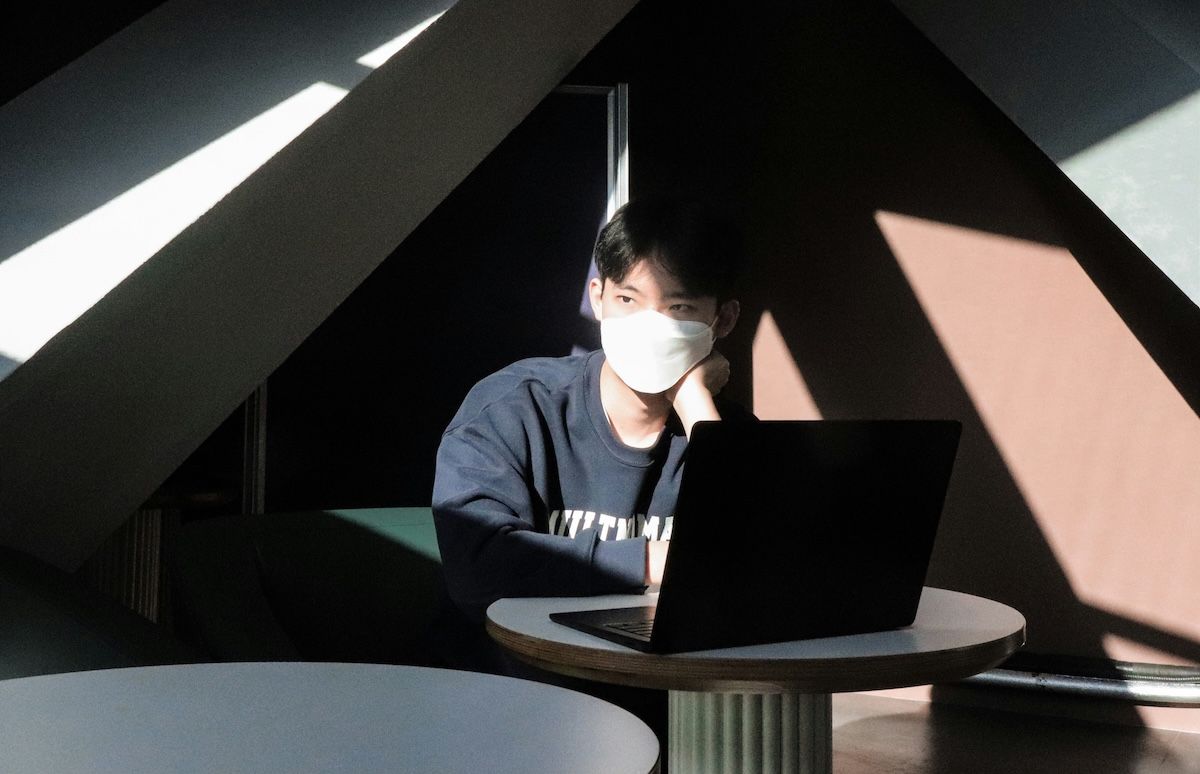A Study Finds EFT Effective for Treating Chemo-Brain

A research team led by Laura Track conducted a randomized, controlled study of EFT for cancer-related cognitive impairment (CRCI; aka “chemo brain”). Track and her colleagues are independent researchers from three universities in Belgium and the United Kingdom. Their work was published by EClinicalNews, the online, open-access journal of The Lancet, in August of 2021.
The results are clear: in this study, EFT was very effective in addressing chemo brain.
The theory
After completing chemotherapy, many patients report a decline in cognitive function. “Chemo-brain” can impair mental functioning and cause considerable emotional distress. Until now, there have been no medical or psychosocial tools to help it.
The researchers wondered whether addressing underlying psychological symptoms, such as fear, anxiety, anger, sadness, and trauma, could help mitigate the cognitive impairment. They chose EFT because of the rapidity of its results, and because it can be used both clinically and as a self-help tool.
The study setup
Between 2016 and 2020, 121 study participants, all adults who had completed curative cancer treatment, were recruited into the study. All had taken the Cognitive Failures Questionnaire (CFQ) and scored 43 or higher. CFQ scores range from 0 – 100; a score of 43 or greater indicates CRCI.
Most participants were women (93%) who had been treated for breast cancer (78%); the average age was 52. The study was coordinated by AZ Groeninge Kortrijk hospital in Belgium and included three affiliate hospital locations.
Participants were randomized into immediate treatment (ITG) or waitlist control (WLC) groups. The treatment group received EFT sessions for 16 weeks; the WLC group began EFT treatment after 8 weeks. The CFQ was given at baseline, after 8 weeks, and after 16 weeks.
Study results
There was a significant drop in CFQ scores among the immediate treatment group after 8 weeks of tapping, with 59% scoring less than 43; the wait list control group scores remained stable. This difference was significant (p<.01) and showed that EFT had decreased the level of CRCI. The wait list control group scores dropped at 16 weeks, after they had done 8 weeks of tapping, matching the results of the immediate treatment group at 8 weeks.
In addition to the CFQ, other patient-reported outcomes measures (POMS) included measures of distress, depression, problems, and fatigue; health-related quality of life (HRQOL) was measured using a standardized European scale. All POMS dropped in the immediate treatment g after 8 weeks. The difference between groups was significant at 8 weeks (p<0.001); after 16 weeks, there was no longer a statistically significant difference in scores between the two groups. Differences in HRQOL followed a similar trajectory.
Why this study matters
Chemo brain is a side effect of cancer treatment that impairs cognitive functioning and causes significant distress. To date, there have been no effective tools to deal with it. EFT is a simple, mind-body technique that can be taught in classes and groups, in one-to-one therapy, or by patients themselves as a self-help tool. The current study’s findings are clear: in this study, EFT helps decrease CRCI and improves other measures of well-being.
The Belgian Foundation Against Cancer is supporting a rollout of EFT for CRCI across Belgium, recruiting and training healthcare workers and volunteers to implement the EFT program. Additionally, the research team is building on these findings, and planning another study into the effect of EFT on the fear of cancer recurrence in survivors.
Want to learn more about EFT?
If you are a client looking for a practitioner, check out ACEP’s practitioner database. For more information on EFT research, see ACEP’s research page. If you are a clinician and want to get trained in EFT, enroll in our online certification program. If you'd like a great, free introduction to EFT, sign up for ACEP's free master class.
Author
Sarah Murphy, LPC, is a licensed professional counselor and coach with more than 12 years of clinical experience. She specializes in energy psychology, including EFT, as well as mindfulness and hypnotherapy. In her therapy practice, she works with individuals seeking to find peace within themselves, people who have serious medical diagnoses, and couples who want to resolve conflict and live in harmony. Sarah's personal motto is that we are here to create a more peaceful world, one more-peaceful person at a time. She is an ACEP Board member and chair of the Communications Committee. Learn more at www.transformative-therapy.com.



